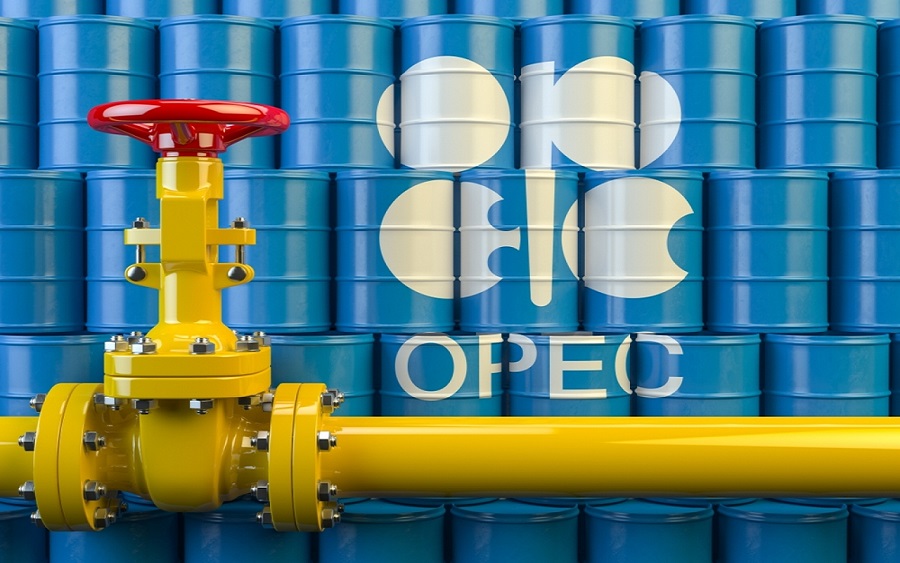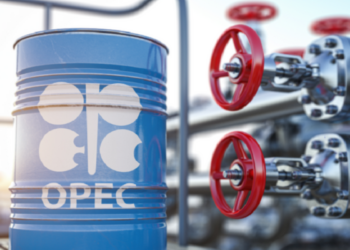The Joint Ministerial Monitoring Committee (JMMC) of the Organization of Petroleum Exporting Countries (OPEC) has decided there will be no change to current crude oil production output.
The Committee met on Friday, August 4, via teleconference to review the crude oil production data for the months of May and June 2023.
Following the review, the Committee decided to leave things the way they are. In an official press release, OPEC asked all participating countries to achieve full conformity and adhere to the compensation mechanism.
The committee also said that it will continue to closely assess market conditions and recognized Saudi Arabia for its efforts at supporting the stability of the oil market through the Kingdom’s voluntary cut of 1 million barrels per day, which was extended to the end of September, as of August 3.
The OPEC committee also acknowledged Russia for its additional voluntary reduction of exports by 300,000 barrels per day for the month of September.
Oil prices keep rallying
Checks by Nairametrics on Friday showed that Brent crude prices had rallied further following the JMMC meeting earlier in the day. Brent crude was $85.54 per barrel at 3:10 PM (GMT+1).
Meanwhile, Nairametrics reported on August 3 that Brent crude was $84.71 per barrel. Crude oil prices have been rising since the month of July 2023, specifically on the 26th, after it was first recorded that Brent had crossed the $80 per barrel mark for the first time since May 2023.
One of the major factors that have contributed to the rise in crude prices has been the production cuts from Saudi Arabia, which has now been extended till September end.
Although Riyadh has said that its decision to sustain production cuts has nothing to do with pricing, the global crude market is experiencing a rally right now.
According to some analysts, like Goldman Sachs, Brent crude could reach $86 per barrel by the end of the year 2023. However, it remains to be seen if indeed the rally will continue.
If the crude oil price rally keeps up the momentum, resource-rich countries like Nigeria which have little or no refining capacity and must import petroleum products, will experience a hike in petroleum products.
Recently, Nigerians had to pay up to N617 to N620 per litre for fuel when Brent crude was $80.41 per barrel.
If prices keep rising beyond $85 per barrel, oil and gas analyst, Kayode Oluwadare tells Nairametrics that Nigerians will have to pay even more for fuel at the pump.
This is because the product is being imported and the volatile foreign exchange as well as inflation and distribution costs will contribute to the rise in fuel prices.






















